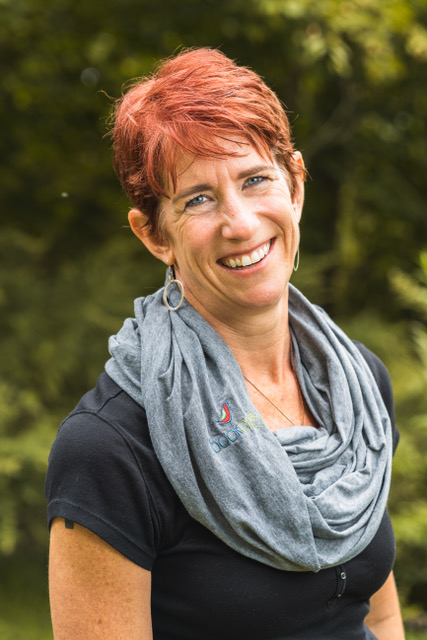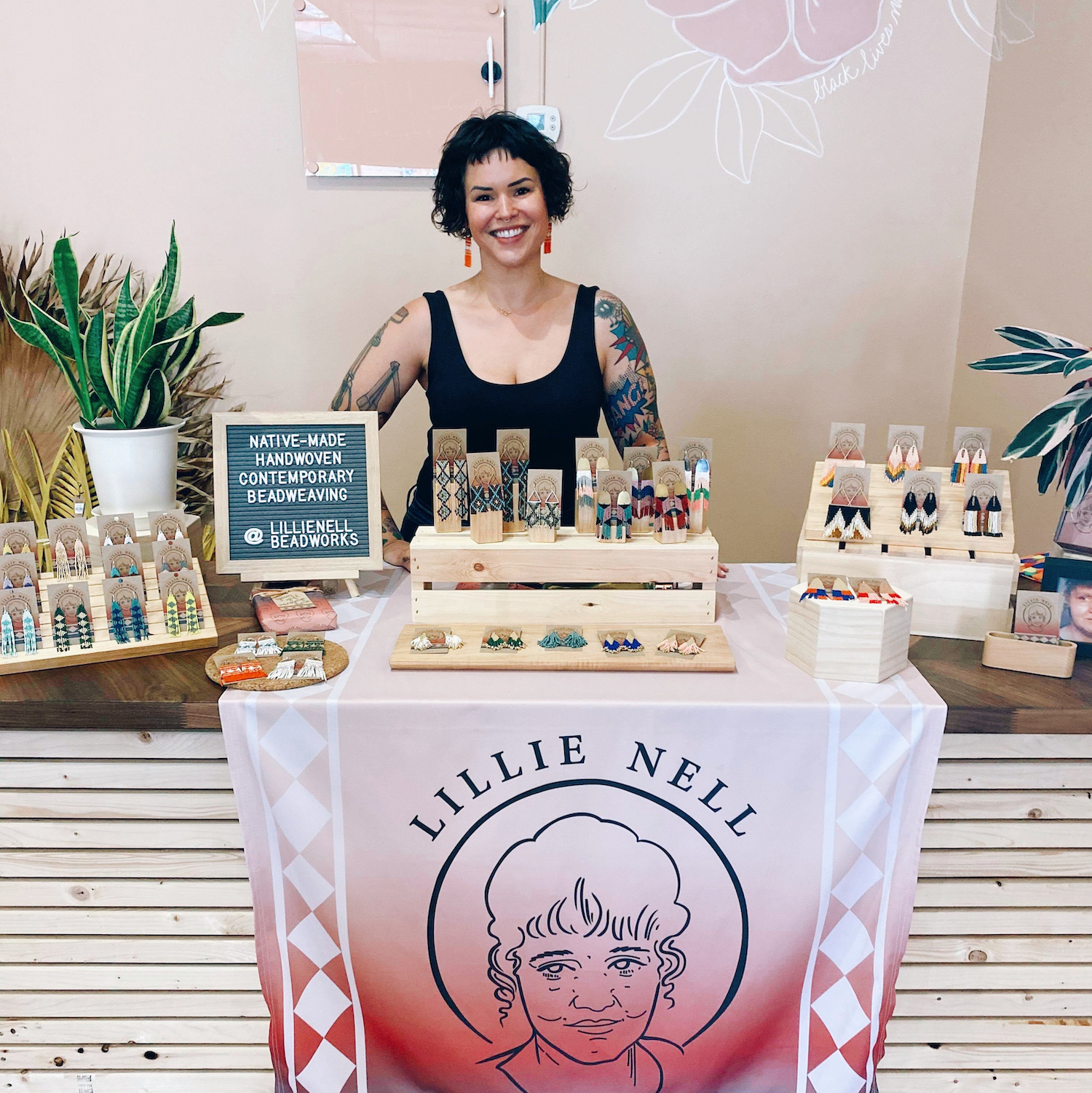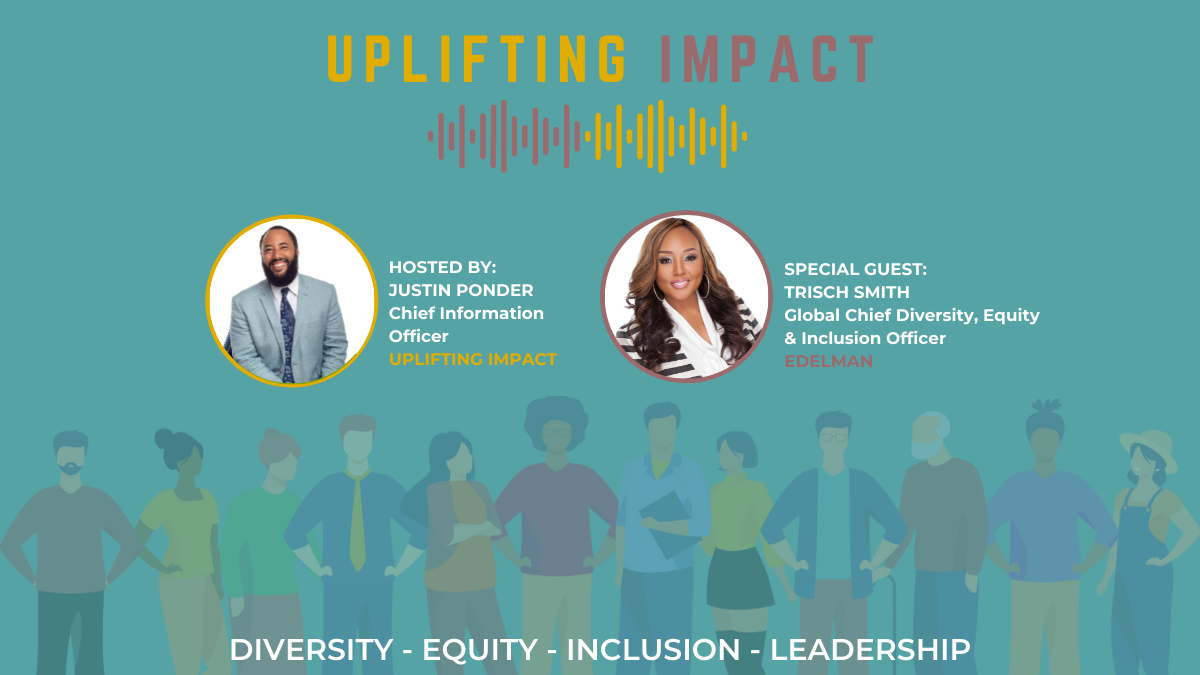Purposeful Hustler Spotlight:Jessica Faust, President of BookEnds

Jessica Faust founded BookEnds, a literary agency, in 1999. Since then, the agency has represented over 300 authors and illustrators, some of which are New York Times and USA Today bestsellers. BookEnds is dedicated to inclusivity and strives to represent diverse voices across all genres. Today, BookEnds is a team of 16, comprised of literary agents and support staff. Jessica is the president of BookEnds and a literary agent.
Tell me a little about your personal journey. How did you decide to become a literary agent and found your own agency? What influences led you to this point?I’m not entirely sure I decided to be a literary agent or if my career path decided it for me. I was working a job I had fallen out of love with and making some major life changes including a move that would have required a long commute had I kept my job. So, one day it dawned on me that I could probably work that same job, but from the other side. Instead of buying the books for the publisher, I could sell that publisher those same books.
What most appealed to me about this idea, and I guess has always appealed to me in life, was that by making this change I could do things the way I wanted to do them. I didn’t have to answer to a boss (who I didn’t respect) and I didn’t have to follow rules I didn’t agree with. I could represent the books I wanted and expand beyond just those of the publisher I was working on to publishers I had dreamed of working with. Each publisher has a certain type of book they specialize in. Some are strictly fiction, others nonfiction. Some are even more specific, like only books in the Dummies Guide series or only romance novels. I have a wide range of interests and wanted to explore them all. There’s no way I could fully do that at any one publisher. But I could do that as an agent, especially at my own agency.
I can’t say I had any specific influences in my decision. No one in my family was (or is) an entrepreneur, except for a great-grandfather, who owned a pharmacy and who I never knew, and I wasn’t close to anyone in publishing who had ever ventured on their own. But then again, even as a child I never did things traditionally. I was always the Girl Scout who sold the most cookies and, as time passed, learned I could do it all by calling my list of clients instead of actually walking door to door. While I can’t say my parents influenced me, they always supported me, and I think that went a long way in giving me the courage to believe I could do whatever I wanted.
What are some of the biggest obstacles or challenges you’ve faced as you’ve grown and developed your business?There’s no doubt my biggest struggle has always been finding mentorship, or maybe more specifically, the support of colleagues. When I first opened my doors, I didn’t have many people I knew well enough to turn to for advice and guidance. I think that was both a sign of the times (when mentorship wasn’t offered or encouraged like it is today) and the fear many in this business felt about having more competition.
In fact, I think most agents saw me as a threat (some still do) and because of that, and possibly the way a certain generation of career women have been trained, were reluctant to give any real advice. I found that if I asked questions, people were willing to answer (to an extent), but building real relationships was tough. Even now, 20+ years in, as I grow my business, it is difficult to find the camaraderie I think I would like and benefit from. I think some still see me as a threat while others see my success as a goal and me as a mentor, rather than an equal or someone they could mentor.
They say it’s lonely at the top. There are times I feel that acutely. I wish I had a group I could lean on and go to when I’m debating a big change or making a big decision. I’ve found it in other places, but not always to the extent I think I’d like.
If you’re starting a business now, don’t wait to find a group or even pay a coach. It wasn’t until I was in business for 20 years when I finally learned about coaching and hired my first coach. She changed my world, and I will be forever grateful. In the two years we worked together, BookEnds took steps we hadn’t in 10. Most importantly, she gave me support and someone to lean on and bounce ideas off when I needed it most.
What is the main purpose or mission of BookEnds Literary? How do you keep “purpose” at the center of your day-to-day work?Our mission is something we revisit and discuss annually.
“We believe books can change the world and our mission is to create a more diverse and inclusive world by advocating for the authors and books we represent as well as through our work within the agency itself.”
We also have a set of values everyone at BookEnds is expected to work by. While I won’t go through all ten of them, I will tell you they include things like:
- A commitment to enhancing diversity, equity, and inclusion within BookEnds as well as throughout publishing and the world at large.
- Being advocates for writers.
- Acting in integrity in everything we do.
- Supporting and encouraging each other.
- Life is short and the work we’re doing should pay off in a way that brings us joy, satisfaction, as well as monetary freedom.
I keep purpose at the center of my work because it’s at the center of my life. My core values at BookEnds are my core values in life. I believe strongly in advocacy and diversity at all levels and in all places. So when coming up with the mission statement for BookEnds, it was really about how I could take my life’s mission and bring it to work, not creating a mission for the company alone.
The people who work with me at BookEnds are very aware of this mission before even coming to the job. In most cases, since I’ve been vocal about this in all public settings, it is because of this mission that they are coming to BookEnds. I base all hiring practices on my belief that the people I’m hiring believe in my mission and will work toward it. Of course, that doesn’t always mean I’ve gotten it right.
It is my job to make sure we are all upholding this mission and stand by our values. How one acts and represents BookEnds, impacts us all. I don’t tolerate anyone who doesn’t follow our values and I’ve had to let people go because of that. I believe strongly in our purpose and mission and will do whatever it takes to protect it. I make sure BookEnds and everyone who works here understands this.
Literary agents are notoriously busy. Do you have any tricks or tips for other business people for managing an intense workload?I have two tricks.
- Time blocking
- Hiring
If you haven’t discovered time blocking, I strongly recommend it. While I don’t follow it as stringently as I did a few years ago, the technique helped me pay closer attention to how I spend my time and schedule my days accordingly. The idea is to break up your day in 30-minute increments, and when you commit to doing one thing (like review a contract) you turn off everything else (email, Slack, the phone) to do that one thing. This could be for 30 minutes; it could be for 3 hours. Whatever you block off to do is your entire focus for that time. It’s amazing how much time we lose by trying to multitask. How even in answering this interview I shifted my focus a number of times for things like Slack and email. The interview probably would have taken half the time if I’d followed my own advice.
The second thing I can’t stress enough is the cost benefit of hiring good people. It seems every time I hired someone I went into a panic and knew, going in, I could barely afford it. And yet, never did I reach the point where I couldn’t actually afford it. The cost of hiring someone earned back double for me every single time. Whether it was another agent whose job was bringing in more income, an assistant, or someone to take more personal tasks off my plate, the savings in time easily doubled my investment.
Hiring is probably the scariest thing a business owner does; it’s also the most valuable and financially savvy decision one can make. I can’t stress enough that letting go of small things to give yourself time for the big ones makes a world of difference in how quickly and successfully your business will grow.
What advice do you have for those hoping to start their own business?Stay scared and stay brave.
One way I challenge those who work for me is to always ask if it scares them. When negotiating or setting goals or just making decisions, I ask them, “Does it scare you? If not, is it big enough?” I strongly believe that if we’re not a little scared most of the time, we’ve settled too much. And growth and change do not happen when you’ve settled.
When first starting the business that is now so successful, I was scared. Not necessarily of failing, I never thought I’d fail, but of making the wrong decision or not knowing what I was doing. But no matter how scared I might have felt, I pulled up my bootstraps and bravely went forward. I continue to do so today. As anyone who works with me will attest, I’m constantly exploring new opportunities and ways to work. I’m presenting new goals to my team and suggesting new ideas. What they might not realize is how scared I am all the time. What if my idea flops? What if I’m leading everyone down the wrong path? What if this is a terrible idea?
The truth is, I can always go home. In other words, I can always go back to the old idea or way of doing things. There is no failure in learning that something didn’t quite work the way you envisioned. There is only failure in letting fear control you and not trying new things or more importantly, not growing.
Is there anything else you’d like to add? Any other insights or words of wisdom for our readers?
Starting BookEnds is one of the best journeys I’ve ever taken in life. I love what it was and what I did when we started, and I love what it’s become and my role in the company now. While I had big dreams of how I wanted to grow BookEnds, I never fully understood what that might look like for me, and I certainly never understood the path I would take to get there.
I think one of the advantages of not having mentors is that I was forced to forge my own path. To make my own rules. Where that’s taken me has both been surprising and expected. But even in the scariest times, it’s been a blast.
My best advice is to enjoy the ride and let it happen. Trying to control too much will constrain you and the company. Sometimes you have to look up at the fork in the road and start walking to see what happens.
As Robert Frost said:
“Two roads diverged in a wood, and I—
I took the one less traveled by,
And that has made all the difference.”

